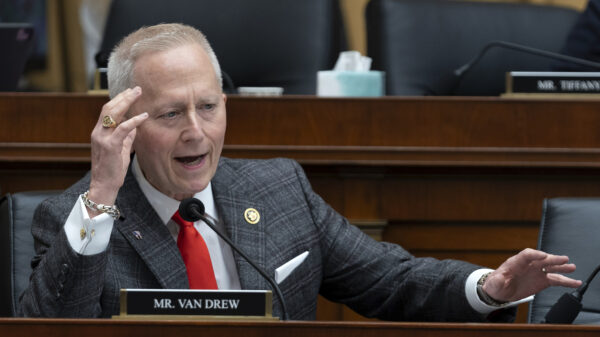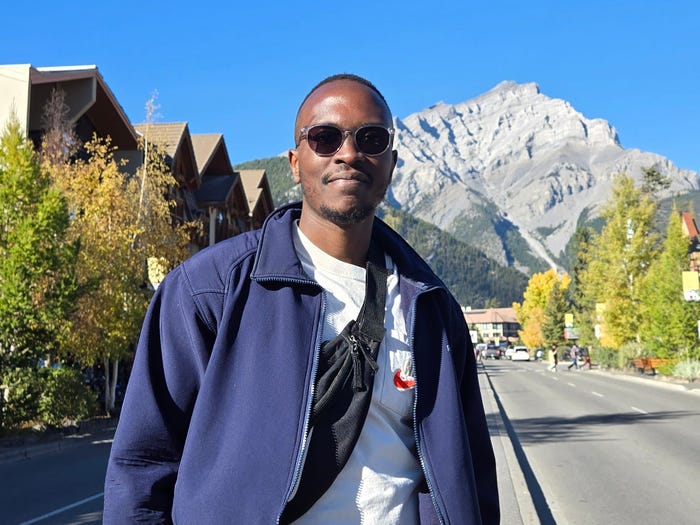Mwangi Wanjau, a 28-year-old originally from Kenya, has returned to using his birth name at work after initially adopting a Westernized version, “James,” to secure employment in Canada. Wanjau’s journey highlights the challenges faced by many immigrants in navigating identity and acceptance in the workplace.
From Mwangi to James: A Name Change for Employment
In 2016, at the age of 19, Wanjau moved from Nairobi, Kenya, to western Canada to pursue a degree in mathematics. Upon arriving, he quickly felt like an outsider due to his name, which often required repetition and clarification. As he struggled to find work, he began to introduce himself as “James,” a name he associated with his grandfather, James Mwangi Wanjau.
The decision to adopt a different name stemmed from a desire to fit in. Wanjau remembered feeling inferior and believed using a name that was easier for others to pronounce would make social interactions smoother. He softened his accent and adapted his speech patterns to better align with Canadian norms, hoping to combat any potential biases related to his heritage.
Employers and colleagues seemed to remember him more easily as “James,” which provided a sense of relief. This adjustment allowed him to navigate job opportunities more effectively, particularly in a city lacking in diversity.
Challenges of Dual Identities
Despite the initial success with his Westernized name, Wanjau began to feel a disconnect between his professional persona and his true self. His experiences at work often made him feel like he was leading a double life. While he was “James” in the workplace, among friends and family, he remained “Mwangi.”
This internal conflict came to a head during a workplace survey that prompted him to reflect on his sense of belonging. He realized that while his colleagues recognized “James,” they did not truly know him. This revelation prompted a significant change in his approach to identity.
In late 2023, Wanjau decided to transition back to using his birth name, “Mwangi,” on job applications. After several months of job searching, he noticed that the responses he received were limited. It was during a visit to his barber that he reconsidered his approach. His barber suggested he revert to using “James” for job applications.
Following this advice, Wanjau switched the name on his résumé to “James M. Wanjau.” Almost immediately, he began receiving more interview invitations. By May 2024, he secured a position as an admissions and awards coordinator at the university he attended.
Embracing Identity and Empowerment
Although his official workplace documentation still reflected “Mwangi,” he continued to use “James” in emails and professional interactions. This duality left him feeling fragmented, battling between two identities.
In Spring 2025, Wanjau made a conscious choice to embrace his birth name more prominently, even outside of work settings. He acknowledged that while some people might struggle with the pronunciation of “Mwangi,” he was determined to be authentic.
Wanjau’s experience reflects a broader conversation about diversity and inclusion in workplace culture. He recognizes that systemic biases often influence hiring practices, and he believes that true change begins with individuals embracing their identities.
“I completely understand why someone might feel they need to adjust their name to get their foot in the door,” he stated, emphasizing that everyone deserves to succeed as their authentic selves.
Wanjau’s journey is a reminder of the importance of representation and the power of reclaiming one’s identity in a world that often prioritizes conformity.








































































